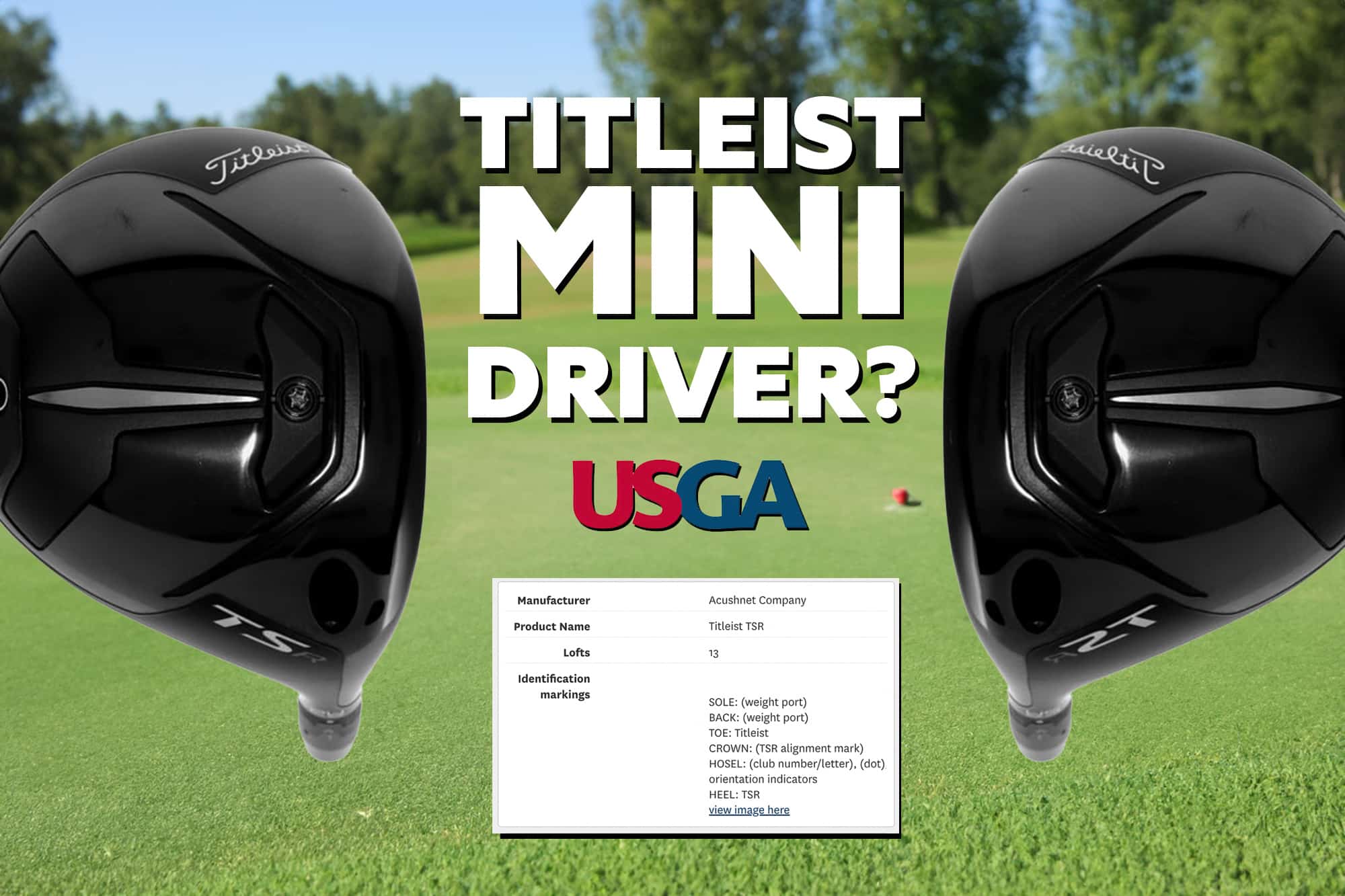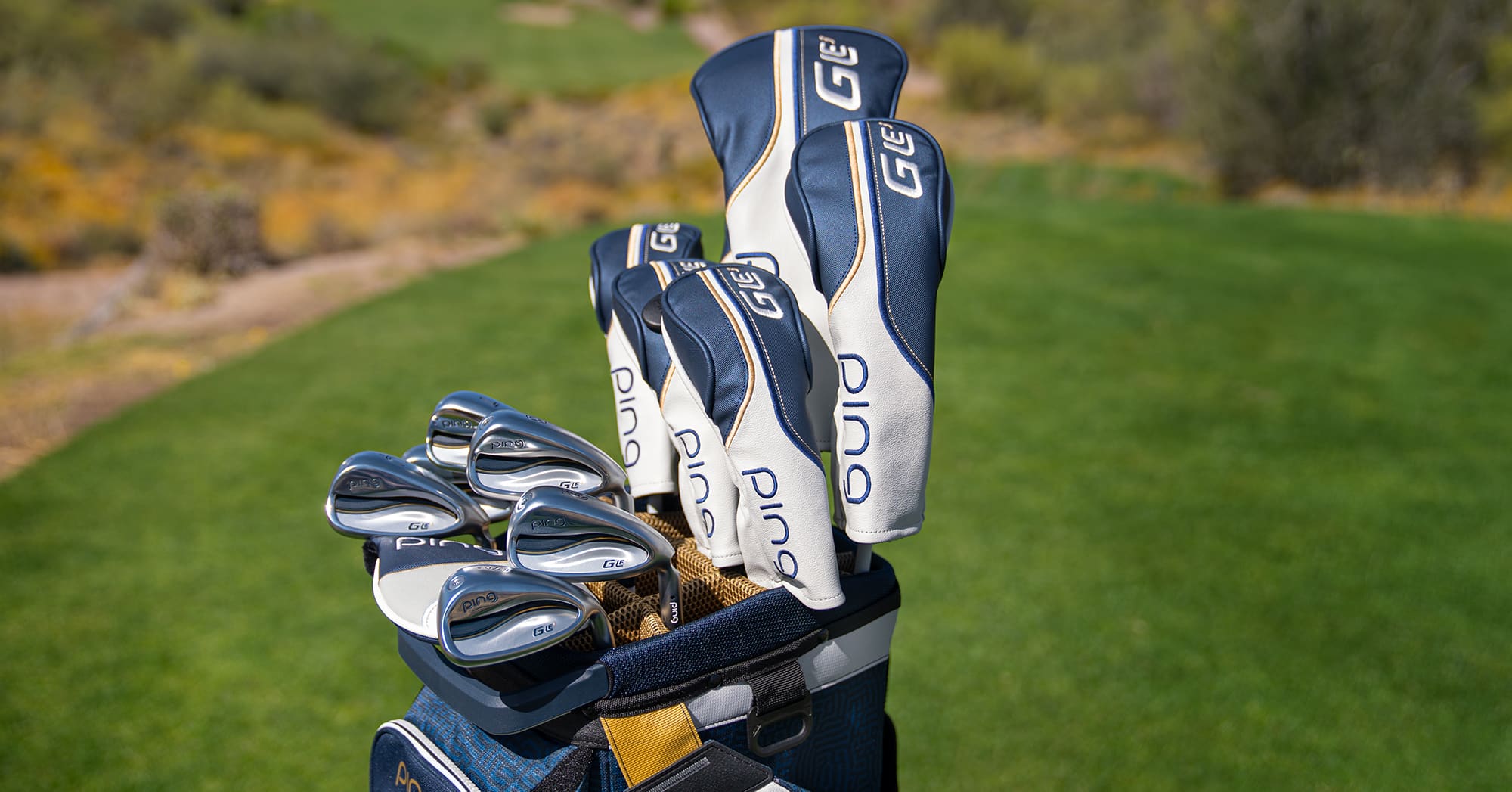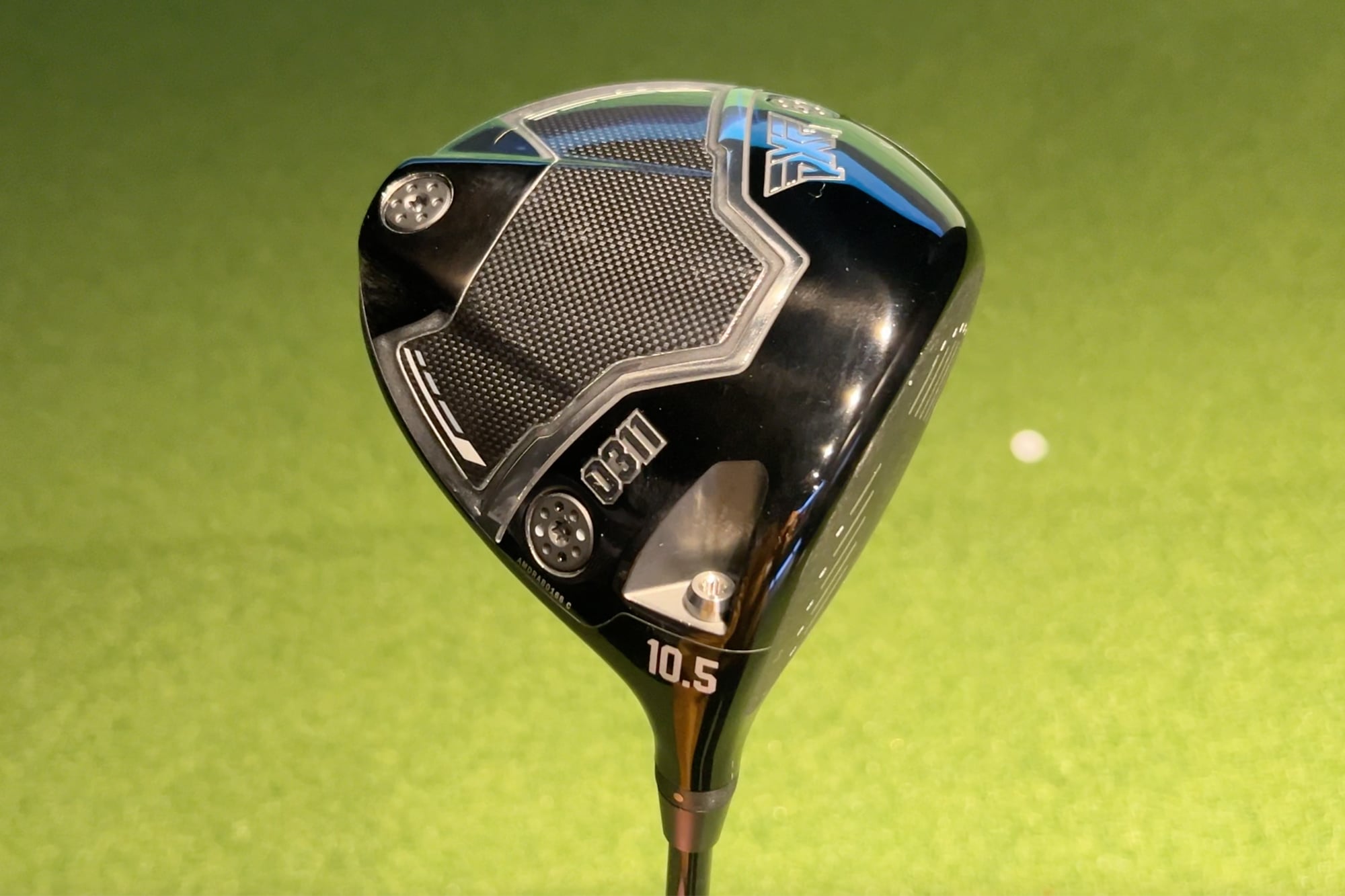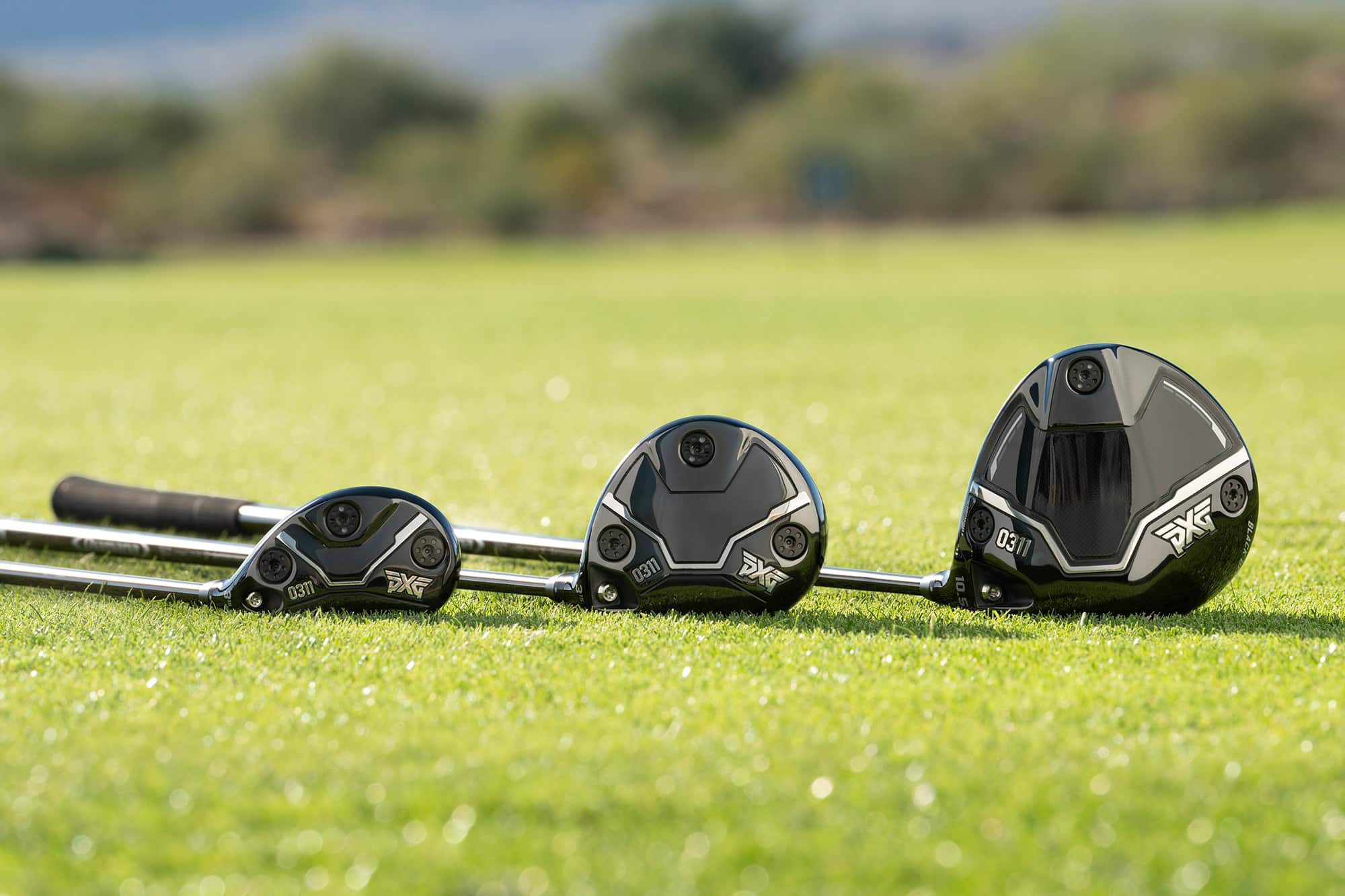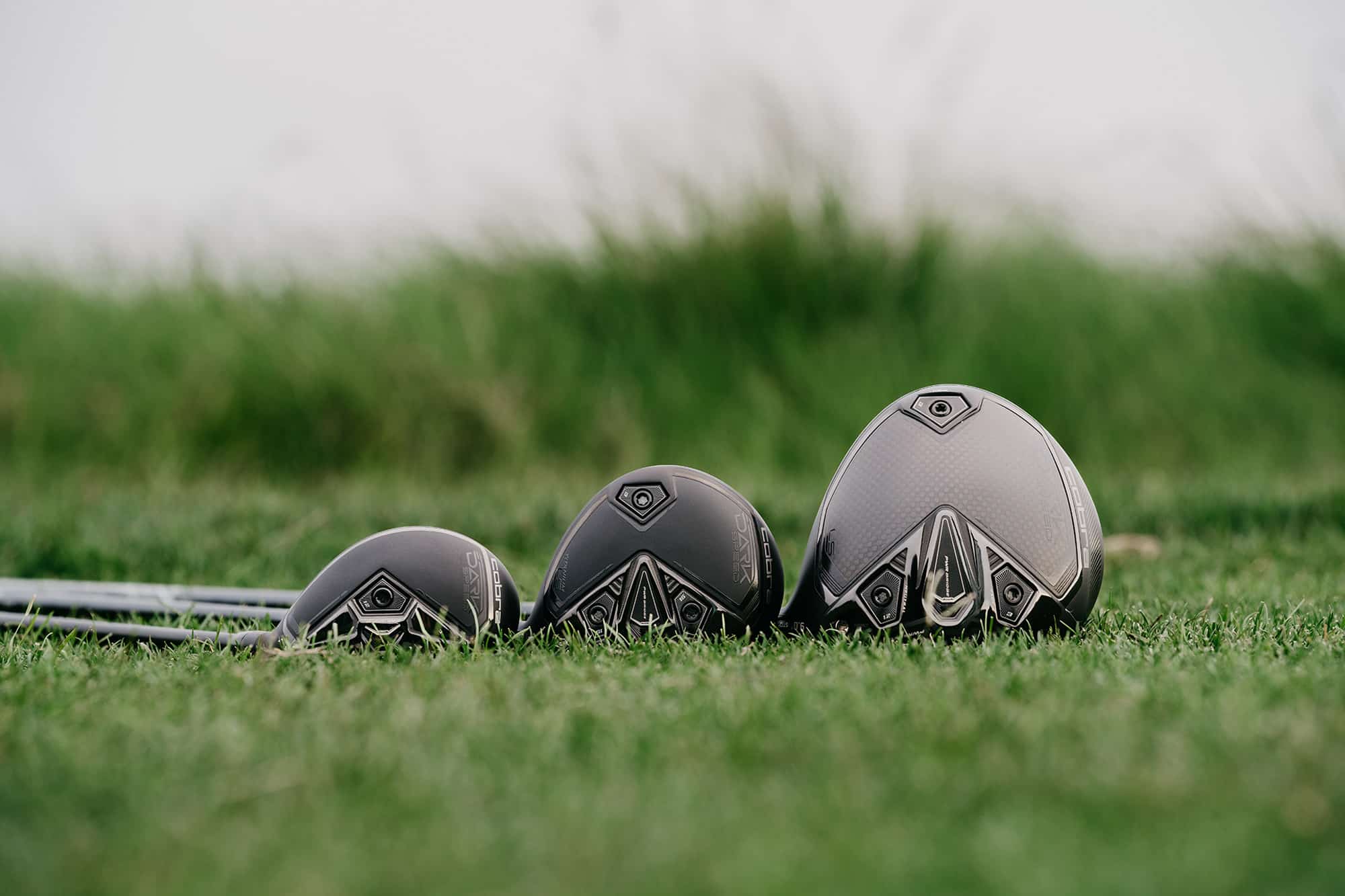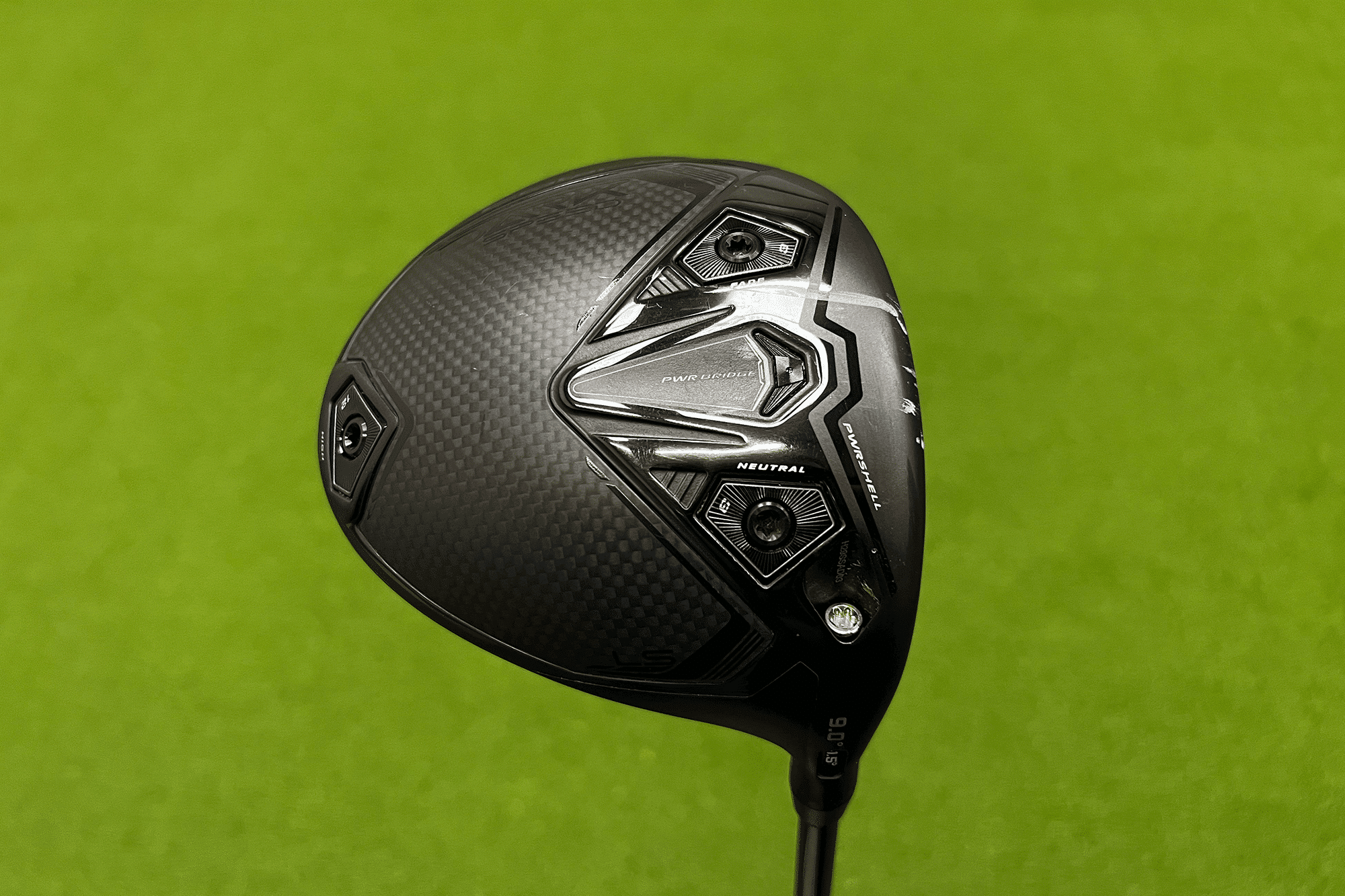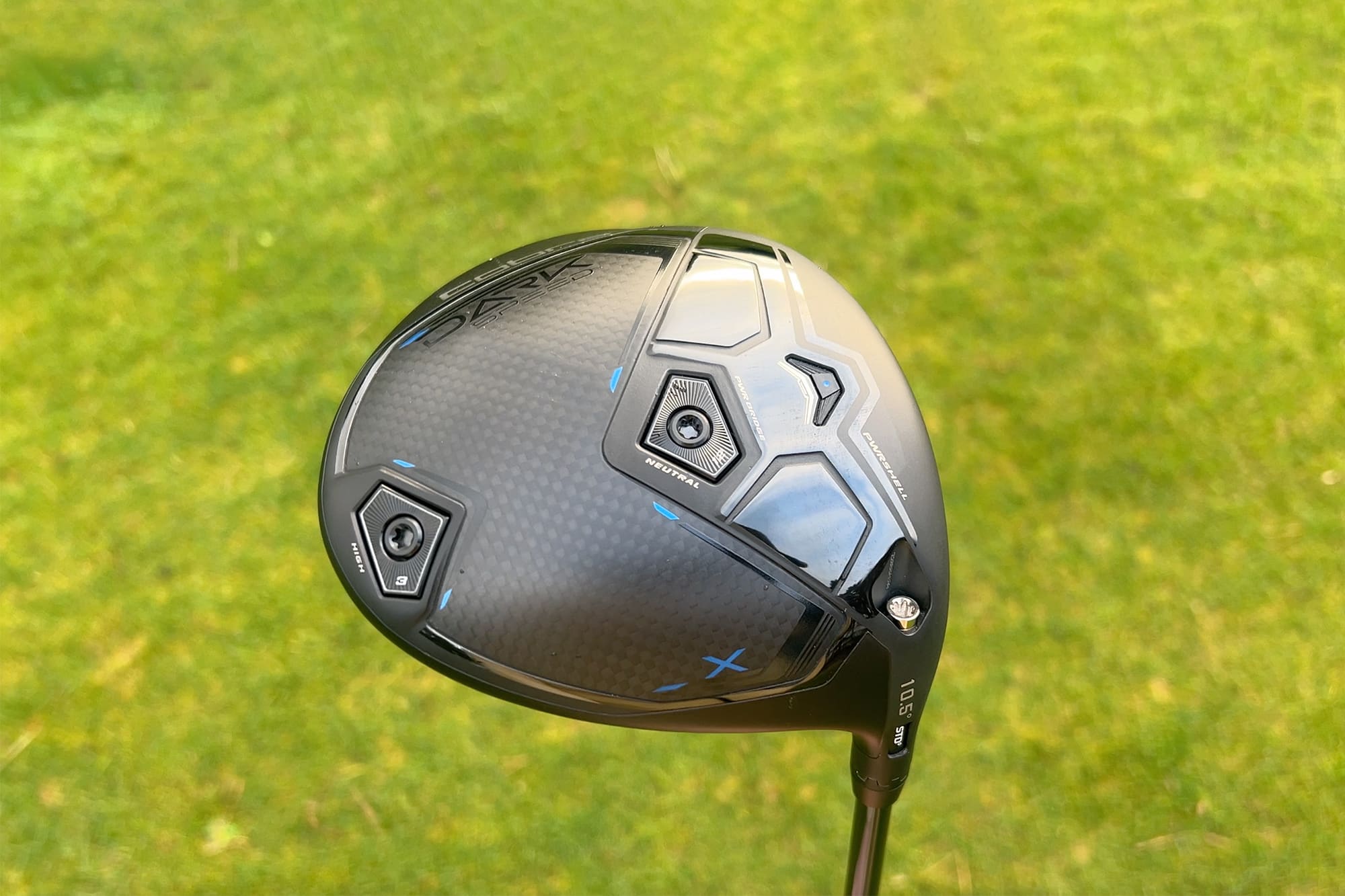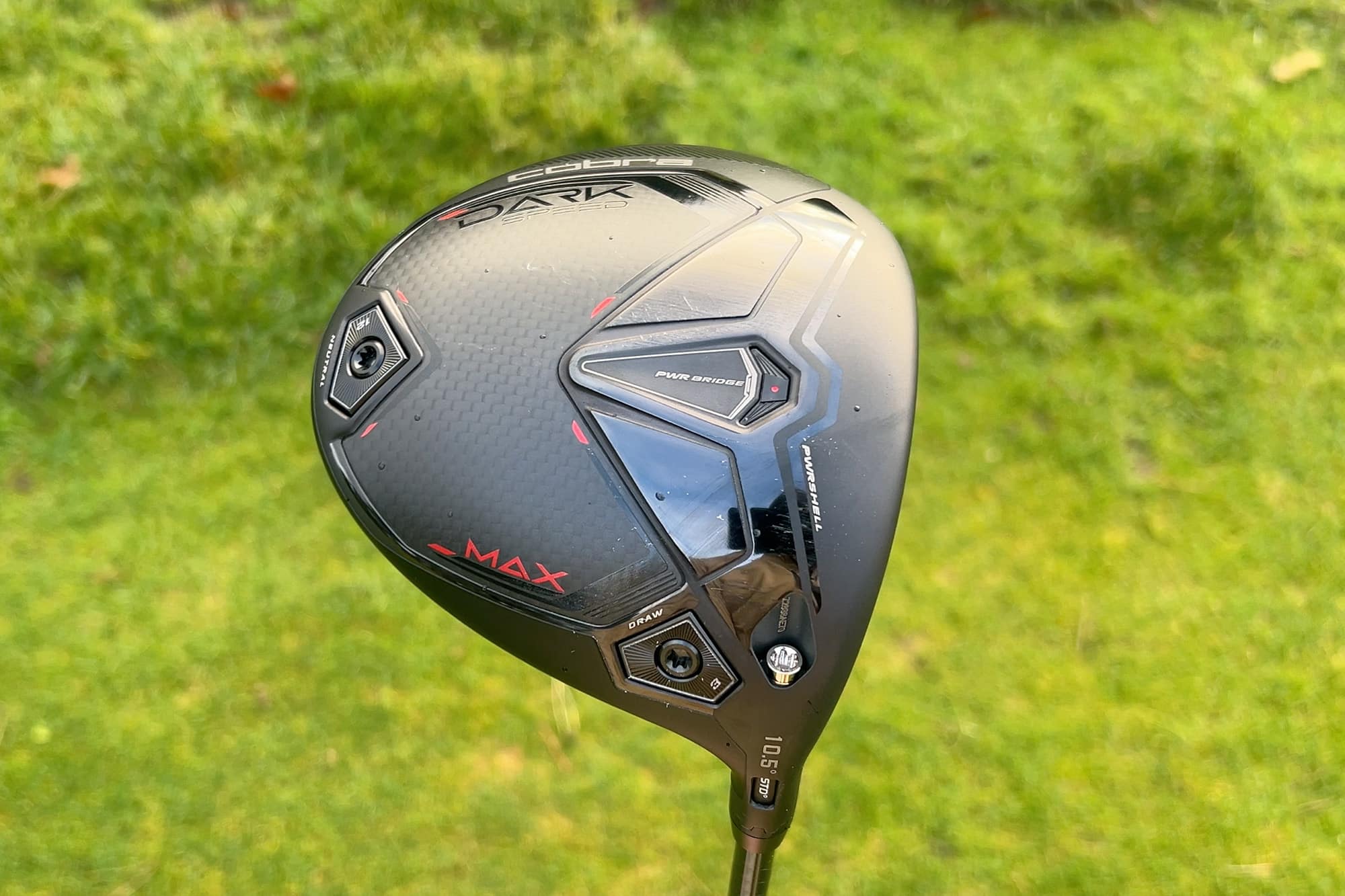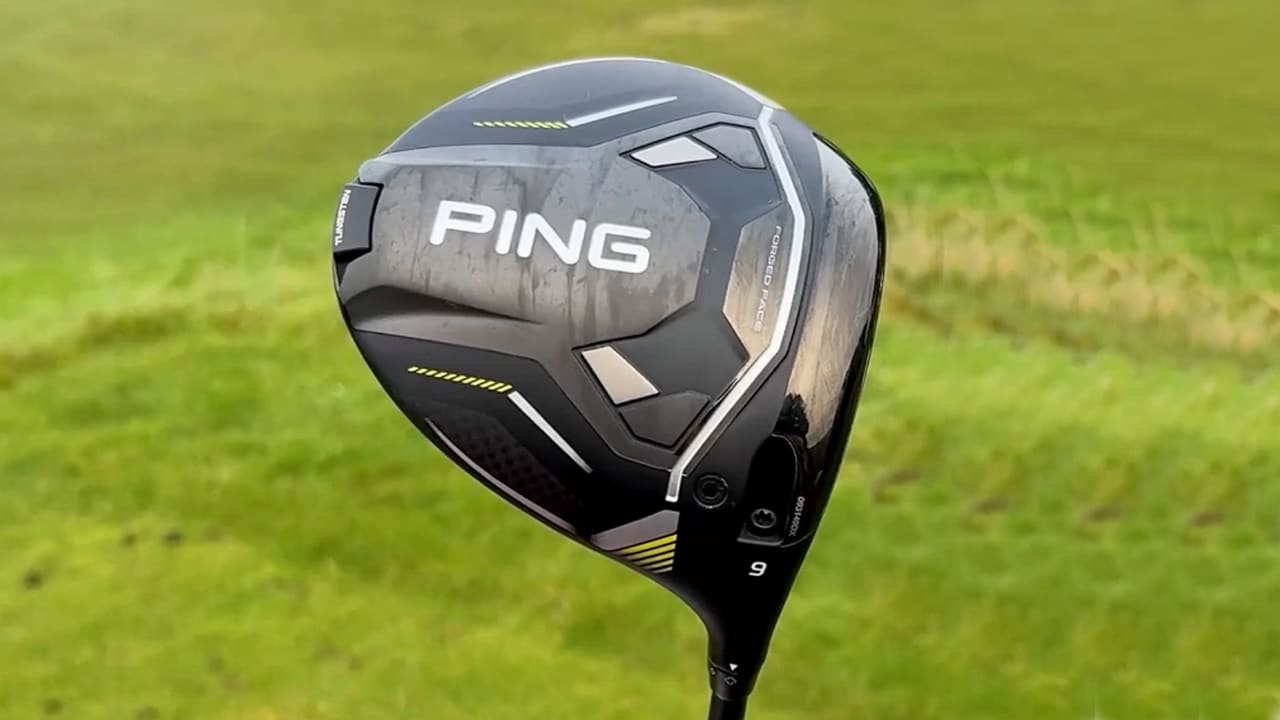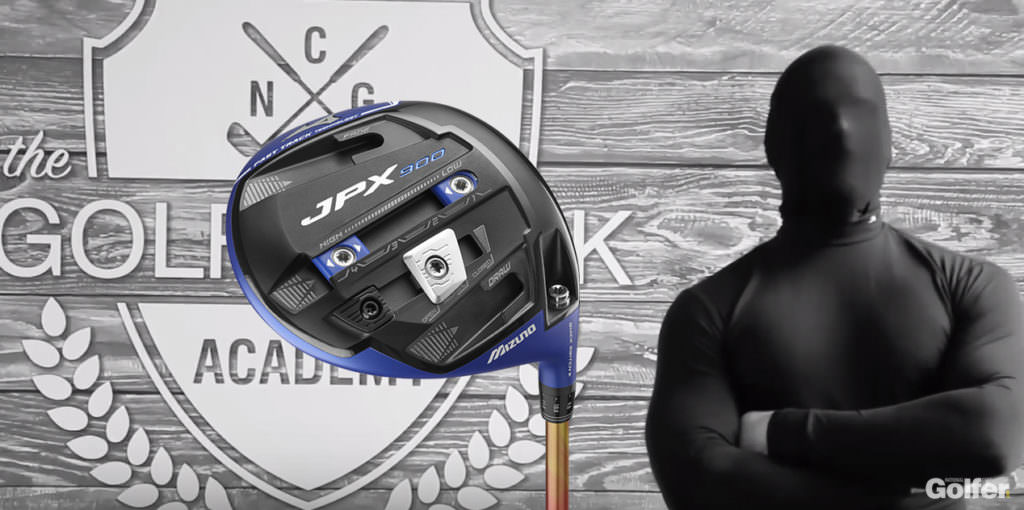
Do adjustable drivers actually work?
We’re not sure everyone is convinced by adjustable drivers.
How much impact on your drives is made by moving weights on the sole? And what does moving the weights actually achieve? These are common questions we hear from club golfers when talking about adjustable drivers.
Every single driver on the market these days is adjustable in some way.
The ability to take the head off and change the shaft with a few turns of a wrench is taken for granted. Ten years ago, all heads were simply glued on.
Some adjustable drivers have more to them than others.
Adjustable drivers test: The methodology

We think the new Mizuno JPX900 is possibly the most adjustable with weights that can be moved to a variety of positions.
There’s also a pad on the toe to open or close the face and loft adjustability in the hosel from 7.5-degrees to 11.5-degrees.
We wanted to test the JPX900 out with the weights in a variety of positions to see the impact on the shot shape and the Trackman data.
It was a job for our anonymous big hitter and our resident expert fitter James Whitaker.
Now, before a shot is hit, here’s what should happen.
Weight moved forwards should result in lower spin and lower launch with less forgiveness.

With the weight at the back we should see a higher flight with a bit more spin and added forgiveness.
Weight in the heel should promote more of a draw with the toe speeding up and helping the ball to turn over from right to left (for a right-hander).
And with more weight in the toe that should allow the face to stay open and promote more of a fade.
Our resident fitter James set the driver up before each round of shots.
Adjustable drivers test: The results
I’d say the biggest difference was between the shots with the weight at the front compared to the weight at the back.
It was really interesting to see the difference in height and spin.

The ball speed was also the fastest with the weight forward which is exactly what should happen.
The dispersion was much tighter with the the weight back than it was with the weight forward so you’d have to make a call whether that 16 yards of overall distance is worth it.
Our ABH has a natural draw shot shape which is why he struggled the most in the fade setting as he was struggling for decent strikes.
Adjustable drivers test: NCG Verdict
I think there’s enough difference in the data to show moving theses weight around does have a significant impact and can really help players get dialled in.
One thing were weren’t measuring here was strike so it’s difficult for us to say whether it was the strike or the location of the weights which was having the most significant impact on the results.
But our anonymous big hitter is a good player and hit it closer to the middle of the club face more often than a higher handicapper would.

For higher handicap player, I’d say that strike would be a more significant factor than the position of the weights.
If a player is striking it all over the face, they are going to see a huge variation in their shots for that reason.
And if that is the case, the weight being placed back should be the most effective set-up as that should result in more forgiveness.
But please don’t take my word for it. Go and get fitted by an expert like James, get the driver set-up in a way that works for your swing and the shots you want to see.
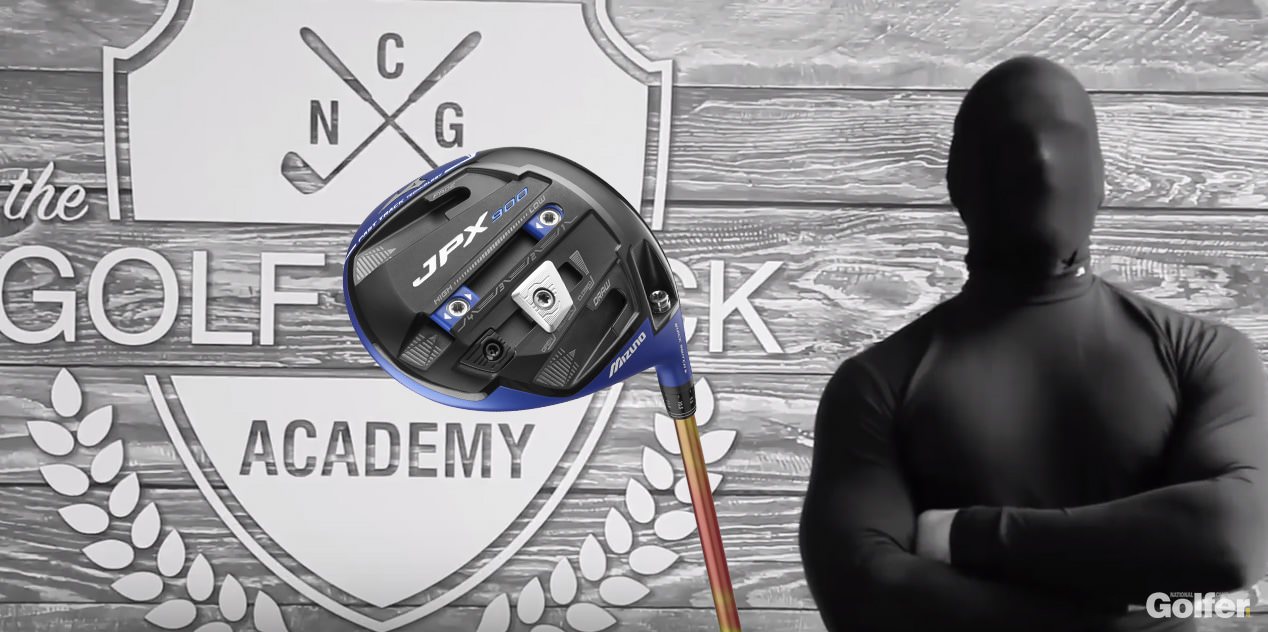
Review: Mizuno JPX900 driver
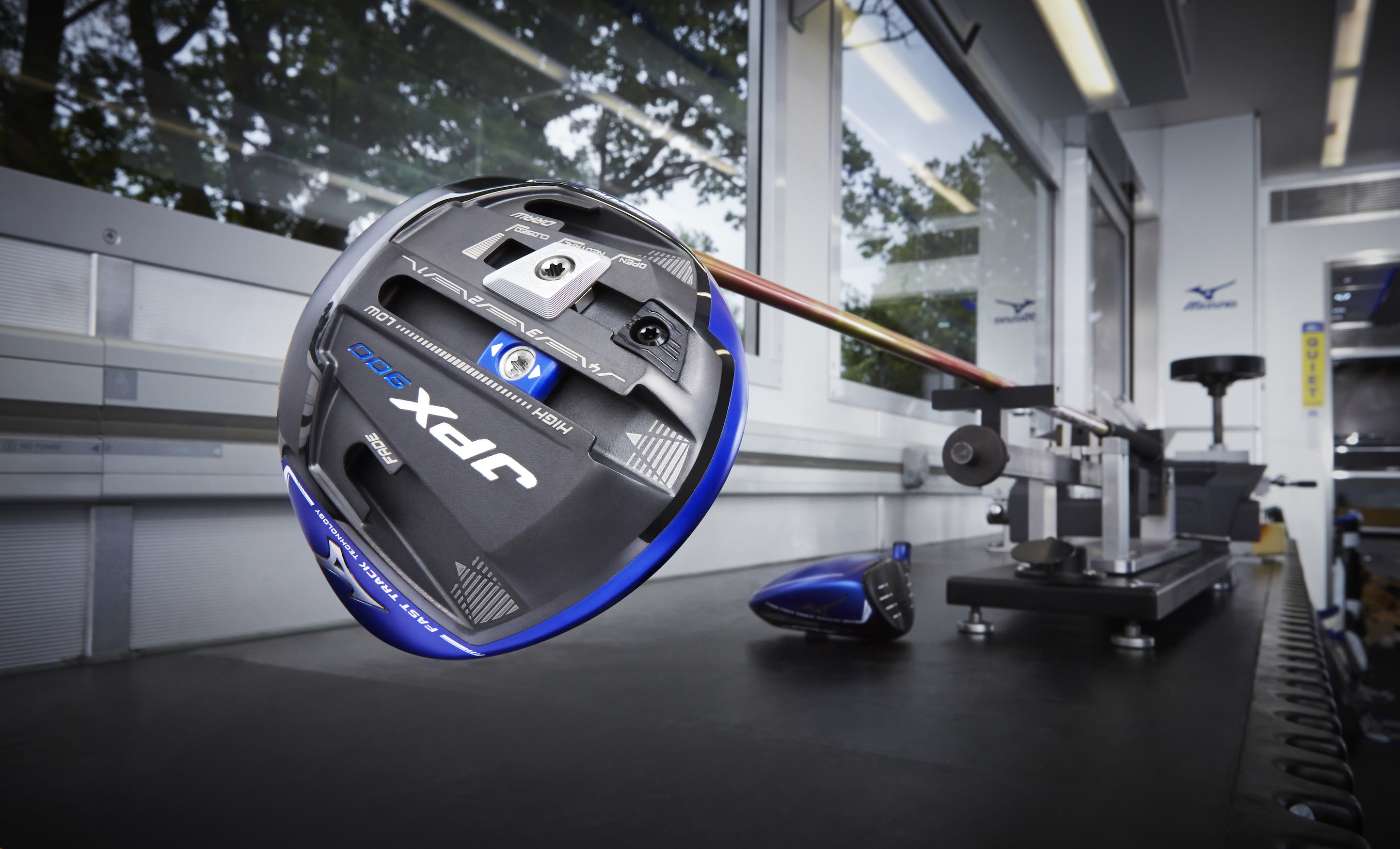
Equipment: Mizuno JPX900 driver, fairways and hybrids launched
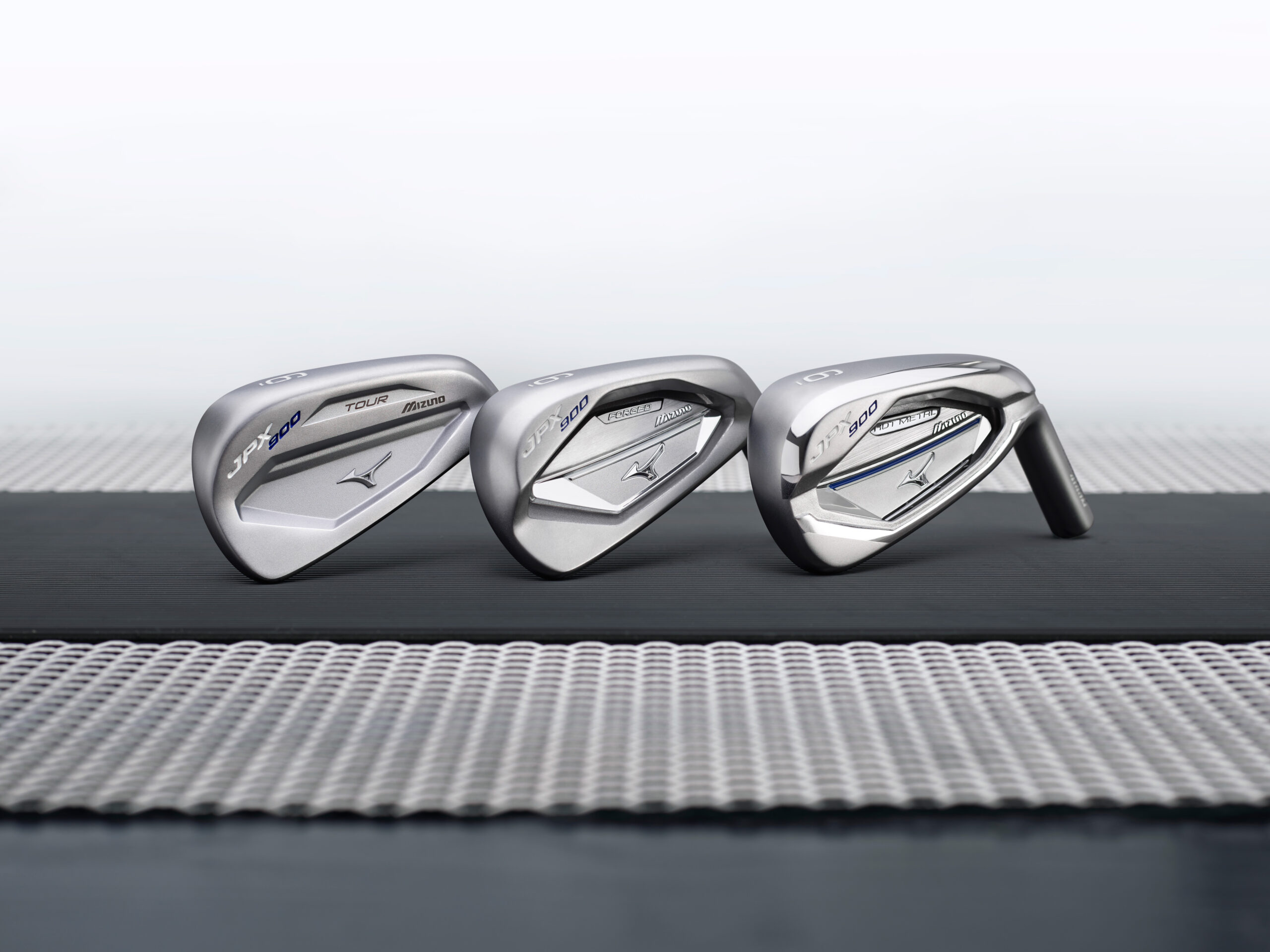
Equipment: Mizuno JPX900 irons review
James Savage
Former equipment editor of NCG. Inconsistent ball-striker and tea-maker.


